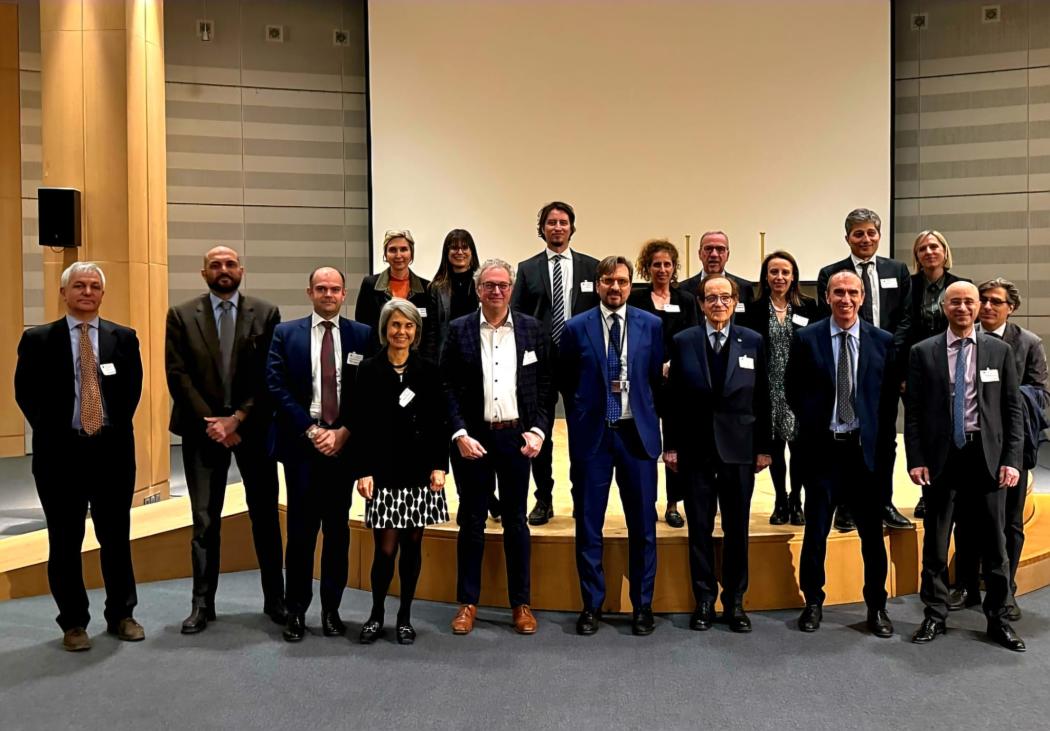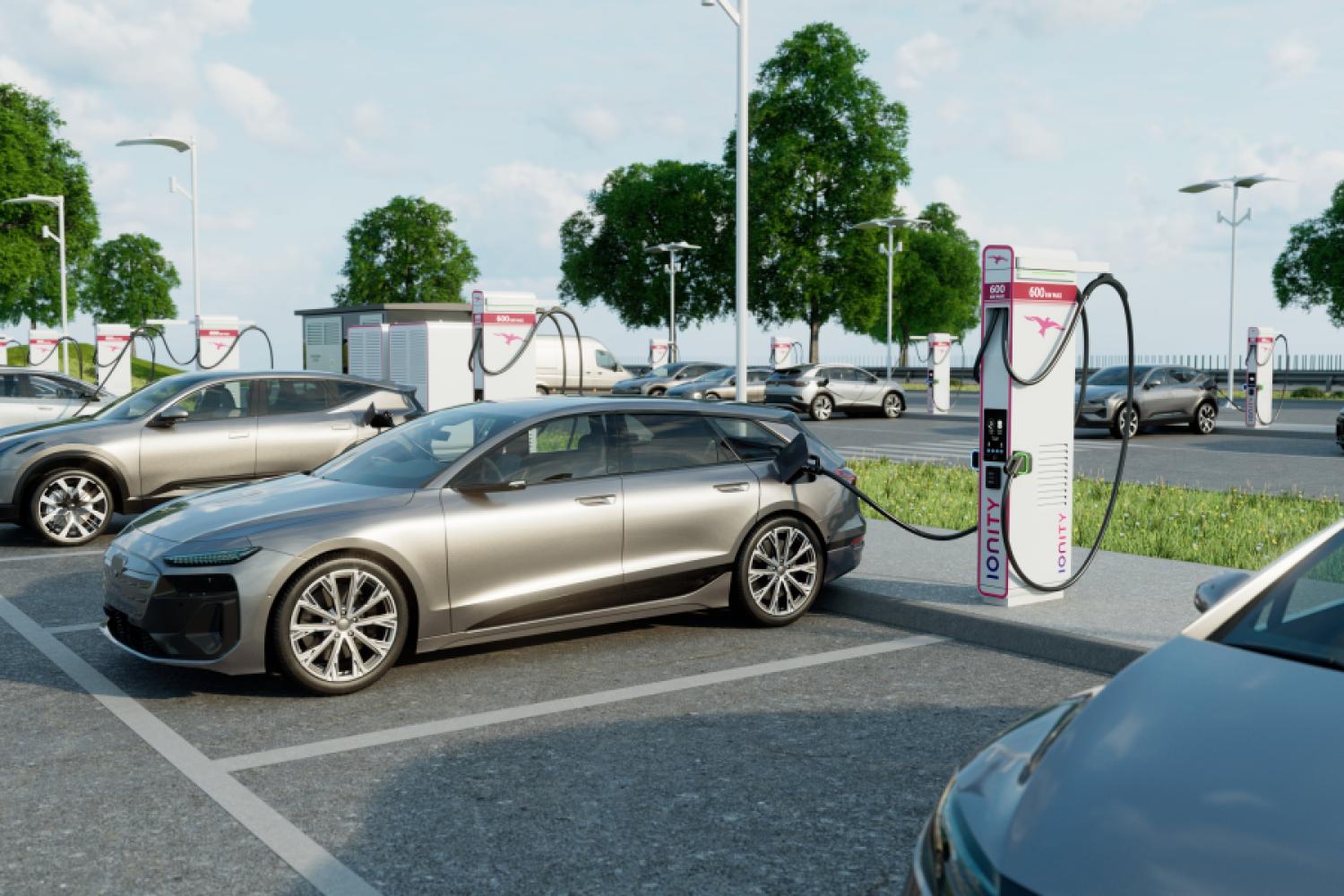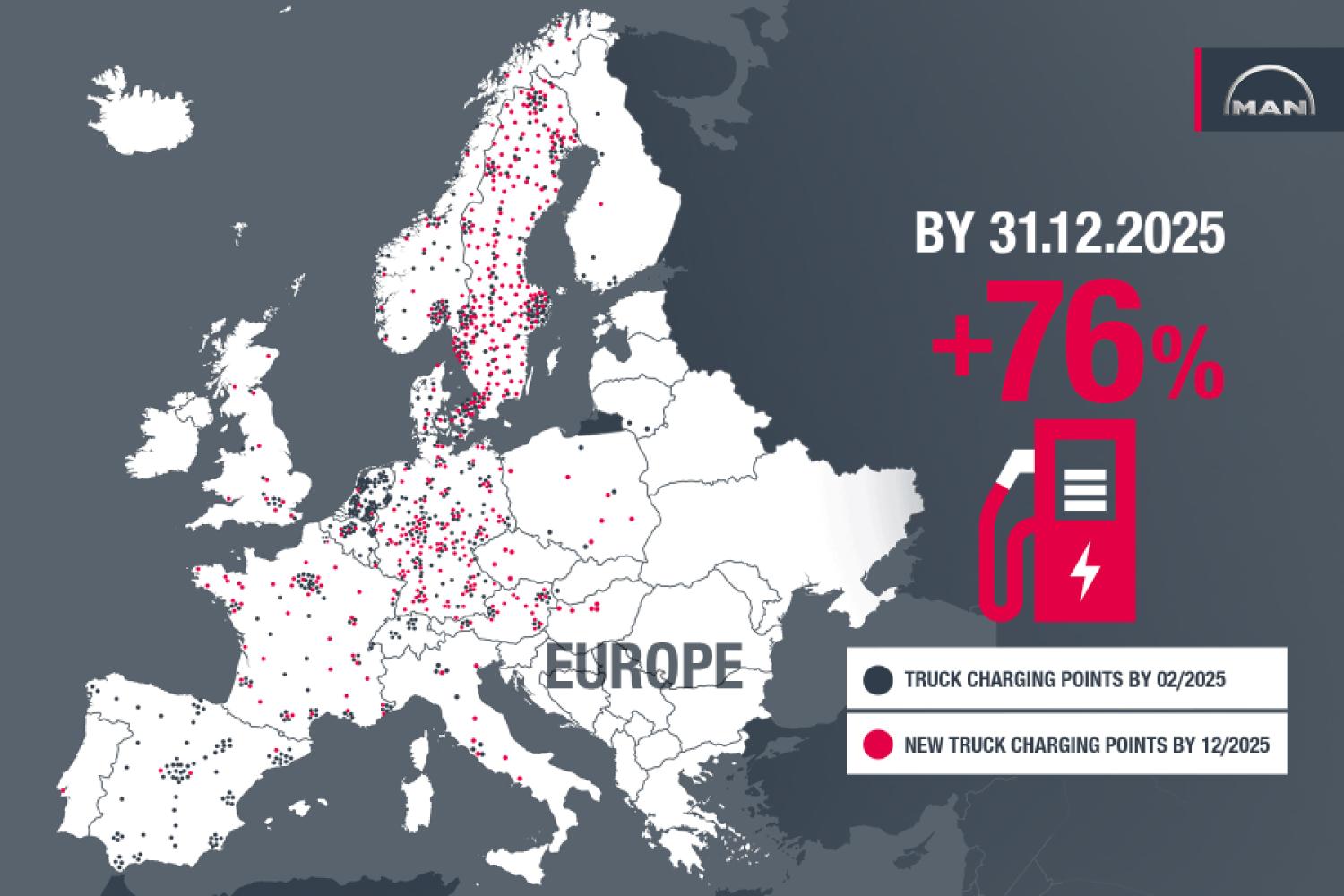Although biofuels could significantly contribute to the decarbonization of transport in combustion vehicles, the European Union is practically exclusively pushing for the implementation of e-mobility. This puts the industry under great pressure. The consequences, which the industry has long warned about, are now part of everyday life: including job losses, economic decline, and the spinoff of large areas of the supplier sector. Now, some representatives of the Italian automotive industry have apparently had enough. After an initiative in 2022, they are now campaigning in Brussels with a statement updated with new data for fuel alternatives, without directly questioning e-mobility.
Renewable fuel could enable the "ecological transition" while preserving the automobile, states the document "Renewable Fuels for the Mobility Production Chains in Lombardy," signed by key players and economic associations of the region. As reported by the initiator of the action, the Department for Economic Development in Northern Italy:
"The Lombardy region continues to fight for the protection of the automotive sector and its suppliers, while simultaneously advocating for environmentally friendly alternatives to the electric motor."
The Industry is Dependent on the Combustion Engine
The manifesto has now been submitted to the European Parliament in Brussels by the Lombard Regional Councilor for Economic Development and President of the Alliance of Automotive Regions (ARA), Guido Guidesi. According to the report, the document, referred to as a "political and scientific" document, is intended to help support "technological neutrality" to maintain the global competitiveness of the Lombard and European industry that relies on combustion engines.
The Northern Italians substantiate their argument with some economic facts:
In Lombardy alone, which covers about a quarter of Northern Italy with regions around Milan, Bergamo, and Piacenza, over 30,000 companies with 100,000 employees are active in the automotive sector. The total revenue, according to Guidesi, amounts to 40 billion euros.
The Greatest Economic Suicide
Now, the Lombard Regional Council accuses the EU of having inadvertently aided the Chinese industry. "The EU," says Guidesi, must "correct the serious mistakes that especially benefited Chinese competitors." Now they face the paradox that without correcting the course set, the "greatest economic suicide in history" is to be feared.
"It is enough to consider that currently 75 percent of the potential production in Europe is at a standstill,"
says Guidesi. Allegedly, EU Commission President Ursula von der Leyen has already signaled "willingness to negotiate." Now it is crucial not to leave it just with lip service and to follow words with actions: "concrete corrective measures" must be implemented immediately.
The "crisis of the continental auto industry," as stated in the press release, has already left significant marks on the supplier industry in recent years. Germany also reportedly sees major job losses, with more already announced by corporations like Bosch. The Italian economic associations warn against the continuation of this trend. Presently, several plants in the supply chain are threatened with closure. To this end, economists present some figures:
"In Italy, the number of vehicles produced in 2024 was 20 percent below the level of 2019 — for suppliers, the decline was even up to 30 percent. The outlook for 2025 remains negative."
According to Guidesi, it is not helpful to place too tight a constraint on industry players in achieving environmental goals — the EU must allow companies to find their own solutions to legal goals without severely harming the local economy. Here, the associations bring low-emission fuel variants into play:
"The bet on renewable fuels indeed represents a path of reasonable ecological transition, which can unite the realization of environmental goals with the protection of industry,"
say the authors of the "Manifesto for Renewable Fuels," which has now been updated with new technical and scientific contributions compared to the 2022 version. According to the report, the authors insist on the necessity of "recognizing the contribution of biofuels to the decarbonization of transport and granting all types of propulsion the same justification and support."
Correction Factor for Renewable Fuels
Also, concerning penalties for vehicle manufacturers due to emission targets, the introduction of a "CO2 correction factor" should be examined, which takes into account the emission savings resulting from the use of this biofuel. Under these circumstances, a more realistic timeframe for the "conversion of the entire industry" could be set up, it says, although it is not more precisely defined what is meant by "conversion." Guidesi concludes:
"We must avert economic suicide and get the EU to rethink certain decisions to protect competitiveness and employment in Europe. Before it is too late."
Renewable fuels or biofuels such as HVO100 can reportedly save up to 90 percent of CO2 emissions compared to conventional fuel. They are generally easily usable in combustion vehicles, for example, as a diesel substitute. So far, this fact has not been considered in the calculation of vehicle emission values – vehicles that use biofuel are rated the same as those that use petroleum-based fuels. Various representatives of the automotive industry, also in Germany, have repeatedly pushed for the introduction of a “Carbon Correction Factor” – apparently in vain. Environmental protection organizations like Greenpeace consider biofuel, for instance, to be “environmental policy nonsense," arguing that “food should not be in the tank.” However, biofuels are generally obtained from bio-waste and residues that are no longer usable for the food industry.






